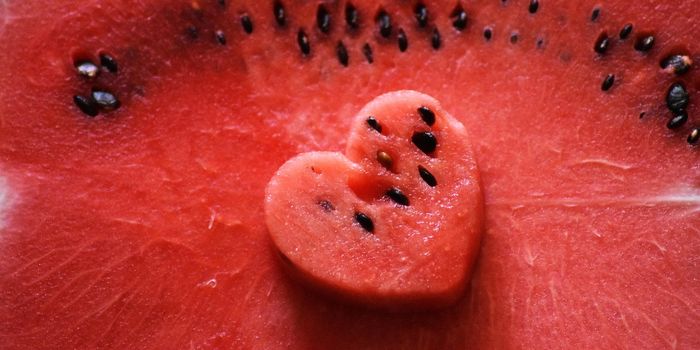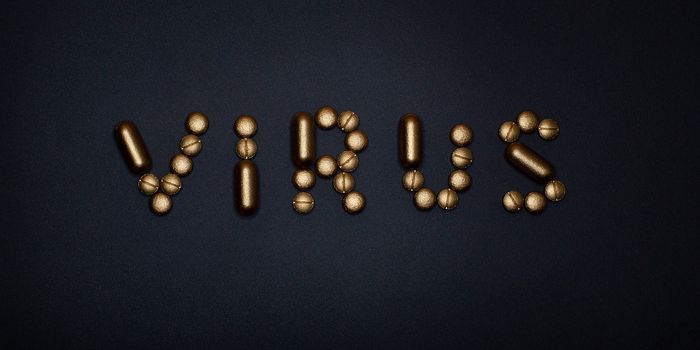One Molecule Could Make the Difference Between Severe and Mild COVID
A case of COVID-19 doesn't cause any symptoms at all in some people, while others are killed by the viral infection. Scientists have been working to understand what drives these huge variations in outcomes, and while we know that underlying conditions can play a factor, and different gene variants may also have an influence, researchers have zeroed in on an immune molecule called type I interferon that fights viruses . New research reported in Nature Communications has shown that people who get very sick with COVID-19 have difficulty generating type I interferon, they make antibodies that neutralize it, or they don't make it at all. This study may help scientists improve treatments for the COVID-19.
Previous work has shown that people who carry genetic mutations that impact TLR3- or TLR7-dependent interferon I pathways, or produce autoantibodies that neutralize type I interferon have a hard time clearing viral infections because of these disruptions to type I interferon.
Treatments that involve directly administering type I interferon have not worked, however. This stidy showed that when blood samples from people with severe COVID-19 were exposed to type I interferon, inflammation markers increased dramatically compared to people with mild COVID-19. Inflammation is necessary to eliminate viruses, but excessive inflammation can be extremely dangerous.
Patients who were hospitalized with COVID-19 were found to be unable to generate sufficient type I interferon, even when their immune system was being stimulated. Autoantibodies to type I interferon were also not causing this issue in any patients but one. This study has indicated that people with severe COVID-19 are generally unable to activate and regulate type I interferon.
The researchers suggested that it's critical to test patients' interferon levels as soon as possible in the course of a viral infection, especially COVID-19, so that people with compromised immune responses, whether due to genetics, autoantibodies, or medications they may be taking, can be identified.
"This study reveals important new insights into why inadequate and inappropriate type I interferon responses can be so detrimental in severe COVID-19, which helps us to understand more about the early biological immune processes that go wrong in people with severe disease," said study co-author Nollaig Bourke of Trinity College Dublin.
Sources: Trinity College Dublin, Nature Communications









